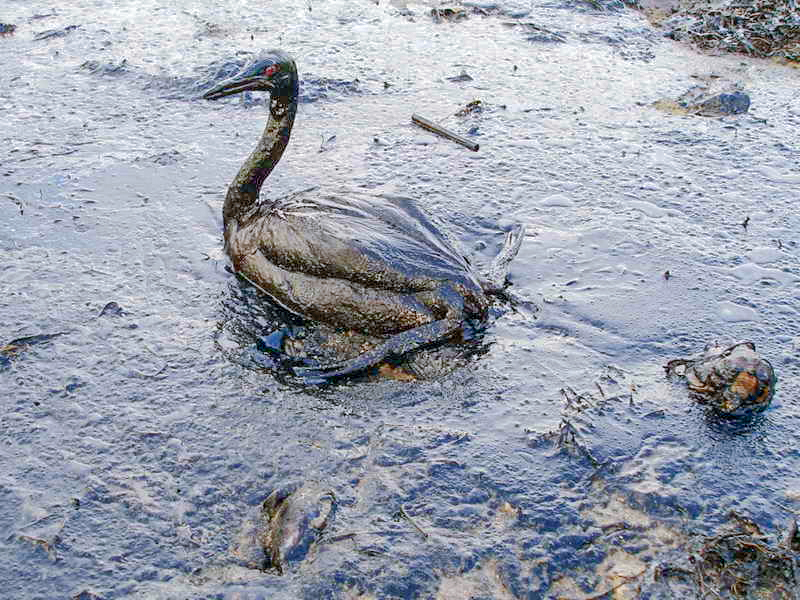Scope Neglect on:
[Wikipedia]
[Google]
[Amazon]
 Scope neglect or scope insensitivity is a
Scope neglect or scope insensitivity is a
Cognitive biases potentially affecting judgment of global risks
. Global catastrophic risks 1 (2008): 86. p.114
 Scope neglect or scope insensitivity is a
Scope neglect or scope insensitivity is a cognitive bias
A cognitive bias is a systematic pattern of deviation from norm or rationality in judgment. Individuals create their own "subjective reality" from their perception of the input. An individual's construction of reality, not the objective input, m ...
that occurs when the valuation of a problem is not valued with a multiplicative relationship to its size. Scope neglect is a specific form of extension neglect
__NOTOC__
Extension neglect is a type of cognitive bias which occurs when the sample size is ignored when its determination is relevant. For instance, when reading an article about a scientific study, extension neglect occurs when the reader igno ...
.
In one study, respondents were asked how much they were willing to pay to prevent migrating birds from drowning in uncovered oil ponds by covering the oil ponds with protective nets. Subjects were told that either 2,000, or 20,000, or 200,000 migrating birds were affected annually, for which subjects reported they were willing to pay $80, $78 and $88 respectively. Other studies of willingness-to-pay to prevent harm have found a logarithm
In mathematics, the logarithm is the inverse function to exponentiation. That means the logarithm of a number to the base is the exponent to which must be raised, to produce . For example, since , the ''logarithm base'' 10 o ...
ic relationship or no relationship to scope size.
The psychologist Daniel Kahneman
Daniel Kahneman (; he, דניאל כהנמן; born March 5, 1934) is an Israeli-American psychologist and economist notable for his work on the psychology of judgment and decision-making, as well as behavioral economics, for which he was award ...
explains scope neglect in terms of judgment by prototype
Judgement (or US spelling judgment) is also known as ''adjudication'', which means the evaluation of evidence to make a decision. Judgement is also the ability to make considered decisions. The term has at least five distinct uses. Aristotle ...
, a refinement of the representativeness heuristic The representativeness heuristic is used when making judgments about the probability of an event under uncertainty. It is one of a group of heuristics (simple rules governing judgment or decision-making) proposed by psychologists Amos Tversky and D ...
. "The story ..probably evokes for many readers a mental representation of a prototypical incident, perhaps an image of an exhausted bird, its feathers soaked in black oil, unable to escape,"p. 212 and subjects based their willingness-to-pay mostly on that mental image.
Psychologist Paul Slovic
Paul Slovic (born 1938 in Chicago) is a professor of psychology at the University of Oregon and the president oDecision Research Decision Research is a collection of scientists from all over the nation and in other countries that study decision- ...
has conducted research on the phenomenon of ''mass numbing'' which is closely linked to scope neglect. Mass numbing occurs when individuals cannot properly conceptualize harms affecting a large number of people and give these harms less importance than the same harm occurring to one identifiable person.
Applications of scope neglect
PhilosopherToby Ord
Toby David Godfrey Ord (born July 1979) is an Australian philosopher. He founded Giving What We Can in 2009, an international society whose members pledge to donate at least 10% of their income to effective charities, and is a key figure in the ...
argues that scope neglect can explain why the moral importance of existential risks
A global catastrophic risk or a doomsday scenario is a hypothetical future event that could damage human well-being on a global scale, even endangering or destroying Modernity, modern civilization. An event that could cause human extinction o ...
to humanity is frequently underweighted relative to the stakes involved. In his book '' The Precipice: Existential Risk and the Future of Humanity'', Ord refers explicitly to scope neglect and provides the following example for the bias:"we tend to treat nuclear war as an utter disaster, so we fail to distinguish nuclear wars between nations with a handful of nuclear weapons (in which millions would die) from a nuclear confrontation with thousands of nuclear weapons (in which a thousand times as many people would die, and our entire future may be destroyed)."
Eliezer Yudkowsky
Eliezer Shlomo Yudkowsky (born September 11, 1979) is an American decision theory and artificial intelligence (AI) researcher and writer, best known for popularizing the idea of friendly artificial intelligence. He is a co-founder and research ...
previously made similar remarks regarding the effect of scope neglect on the public perception of existential risks.Yudkowsky, Eliezer.Cognitive biases potentially affecting judgment of global risks
. Global catastrophic risks 1 (2008): 86. p.114
See also
*List of cognitive biases
Cognitive biases are systematic patterns of deviation from norm and/or rationality in judgment. They are often studied in psychology, sociology and behavioral economics.
Although the reality of most of these biases is confirmed by reproducible ...
* Duration neglect
Duration neglect is the psychological observation that people's judgments of the unpleasantness of painful experiences depend very little on the duration of those experiences. Multiple experiments have found that these judgments tend to be affecte ...
* Insensitivity to sample size
Insensitivity to sample size is a cognitive bias that occurs when people judge the probability of obtaining a sample statistic without respect to the sample size. For example, in one study subjects assigned the same probability to the likelihood of ...
References
{{reflist, 30em Cognitive biases